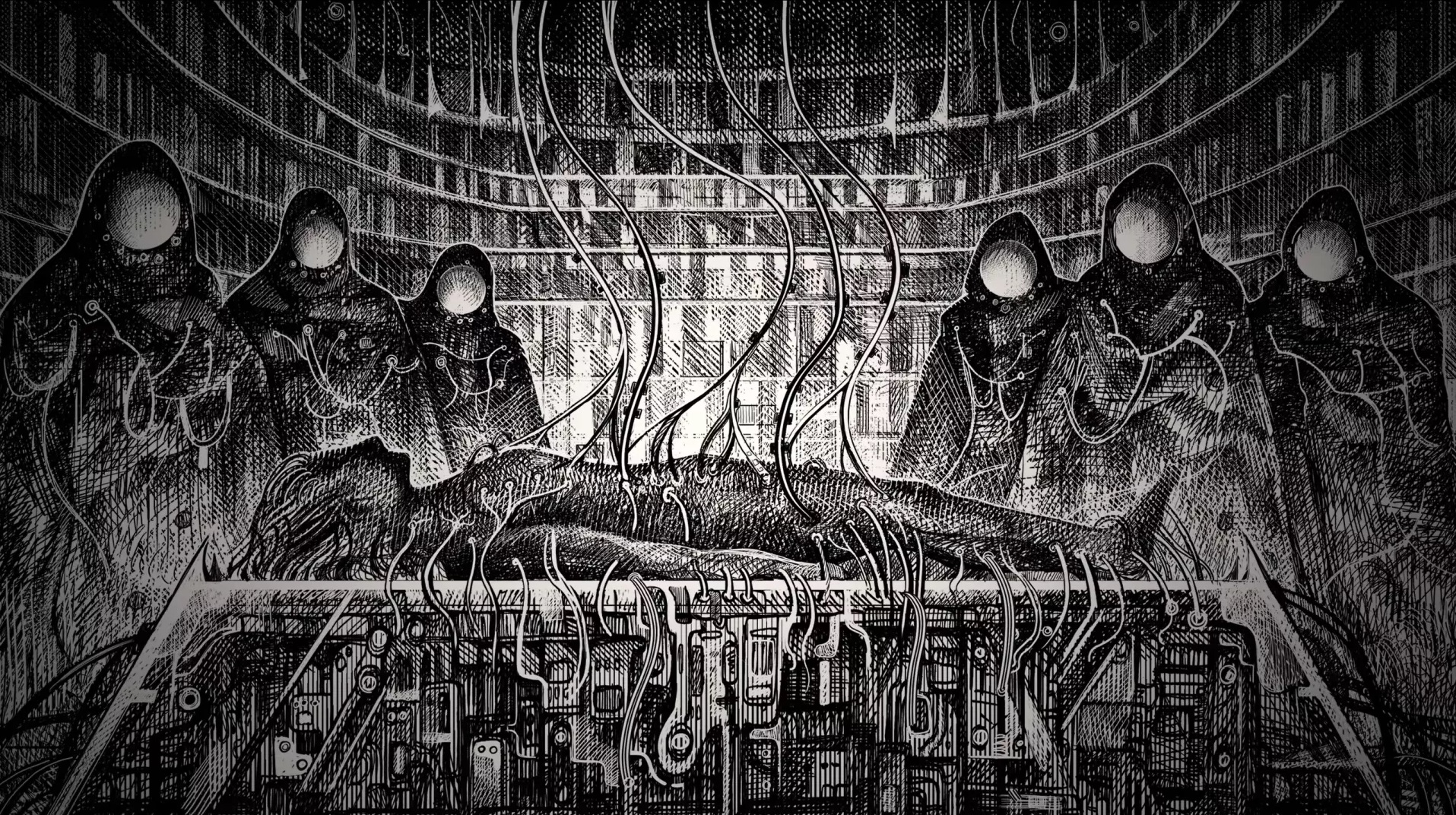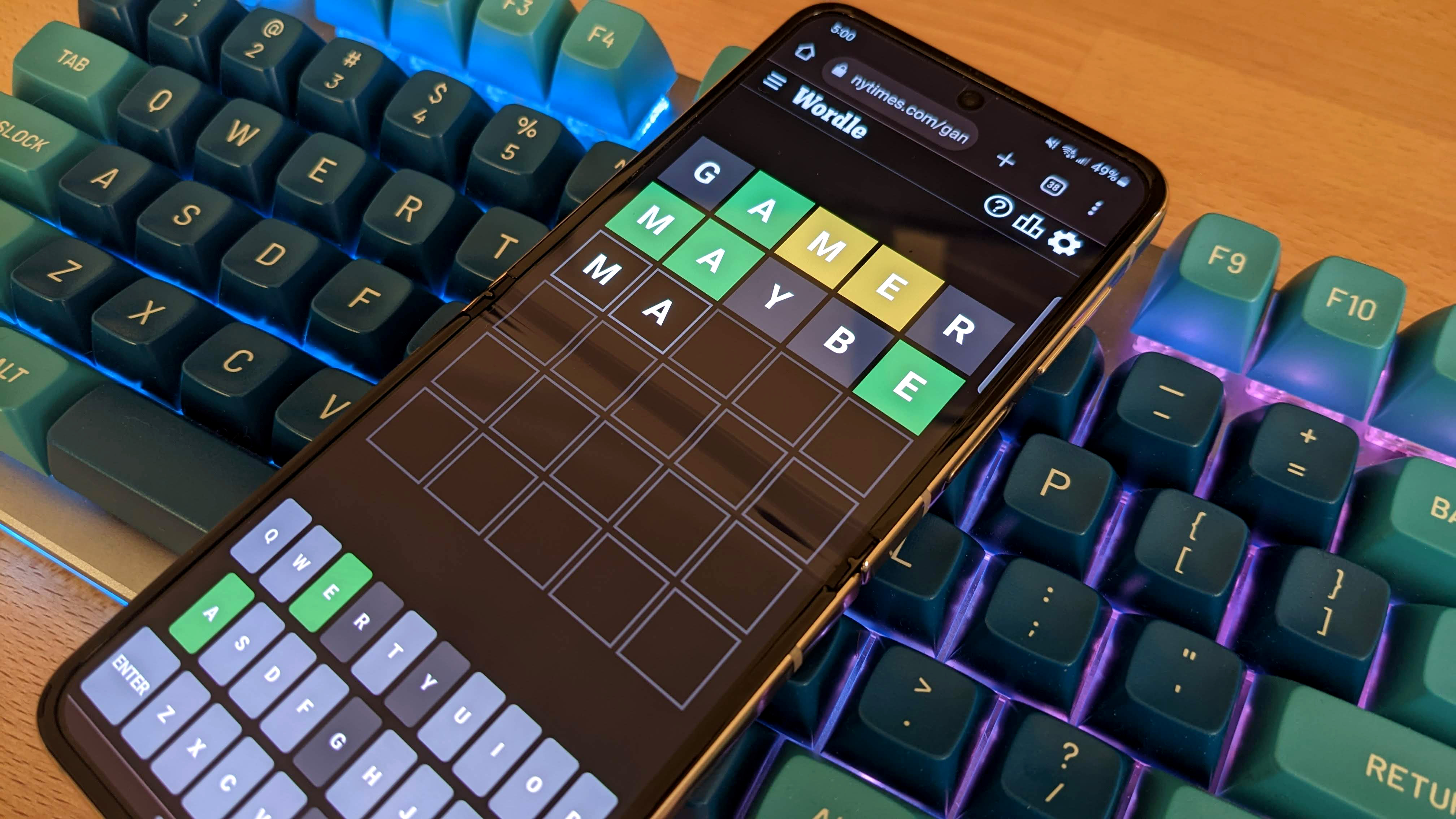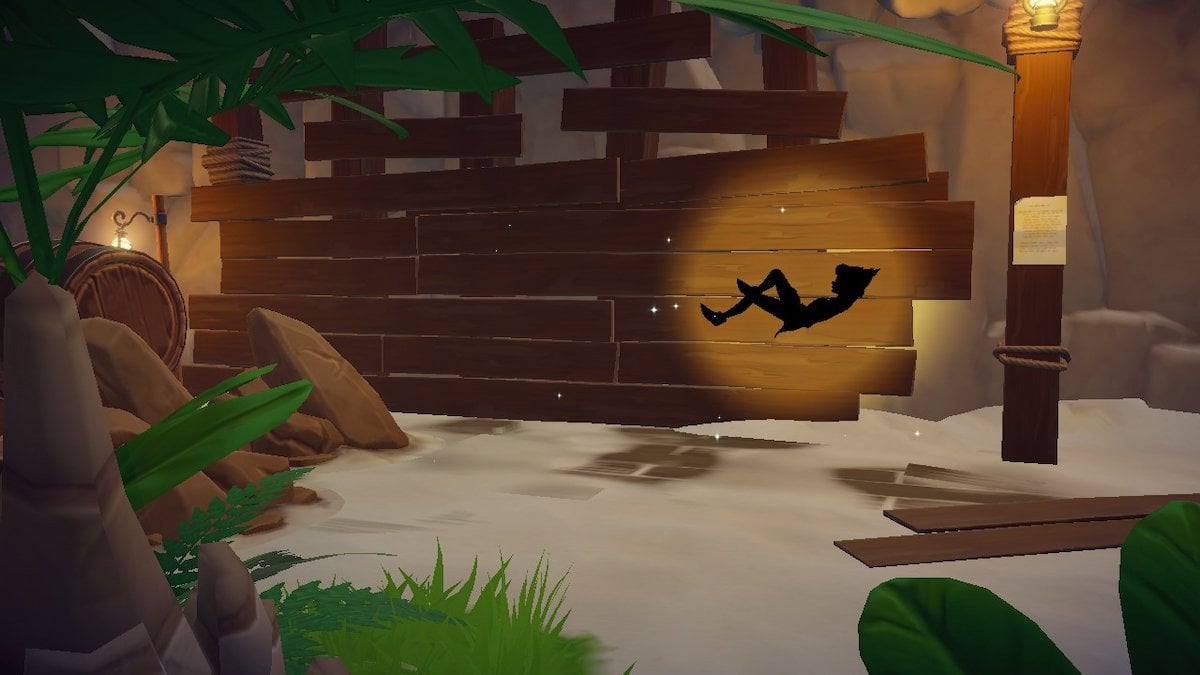
Is this a turn-based space survival game or maths homework?
The Banished Vault ensnared me with its impeccable vibes and a surface similarity to the wonderful FTL: Faster Than Light, but now I am very tired and never want to go to space again. Lunar Division and Bithell Games’ turn-based strategy-survival romp puts you in charge of a huge city-sized cosmic monastery hurtling through space, chronicling its discoveries and trying to flee an ominous force nipping at its heels: the Gloom. It’s bad news, apparently.
It is blessed with an art style that presents space and the vessels travelling across it as a medieval diorama with strong ecclesiastical vibes, as if a monk created a sci-fi board game. At times it is clinical and scientific, but there are bouts of rich flavour, from the hand-drawn crew portraits to the brief but tantalising descriptions of your discoveries as you traverse the void.
(Image credit: Bithell Games)
Your objective is straightforward enough: Once you arrive in a solar system, you’ve got a set number of turns to scrounge up enough resources to manufacture Stasis, which your crew requires so they can hibernate as the monastery travels across the network of interstellar paths known as the Matrix. Completing a run necessitates the writing of four entries in your Chronicle, which can only be done when you visit hallowed planets and erect a specific building: the Scriptorium.
Achieving this straightforward objective, however, is anything but simple. In fact, it’s an absolute pain in the arse. There are a multitude of incredibly fiddly steps involved, you see, and every move you make requires twice as much effort than you’d expect. Take exploring a solar system, for example. While the monastery hangs back at the edge of the system, smaller ships can be constructed to scout planets, plonk down buildings and harvest resources. And all of this is a big faff.
You will spend an eternity moving resources between ships and planets, switching engine types to prioritise speed (for moving between planets) and thrust (for landing and leaving planets), shifting your crew so they can serve as navigators or labourers, and mucking around with your constantly dwindling fuel supply. It’s a collision of intense micromanagement and logistical puzzles that turns even a short trip into a bit of a nightmare; it’s a lot of work for very little fun.
(Image credit: Bithell Games)
Fuel management is the most involved part of the equation, and the most frustrating. Whenever ships move they use up energy, eating your fuel supply based on distance, your ship’s mass and the efficiency of your engines. A lot of maths is involved, and while there’s an in-game energy calculator to help you out, it still feels a lot like doing homework. I am 38, I do not do homework. If you don’t do your sums, unfortunately, you’re probably going to end up stranding your ships.
Each trip, no matter how short, involves multiple steps, loads of inventory management and, in my case, a lot of howls of frustration.
More fuel can be generated on planets, as long as you’ve got access to water, as well as a fuel refinery, which demands a different set of resources, which you’ll need other buildings to generate, which in turn require yet more resources. You may need to split your operation between multiple worlds, depending on what resources are native to them, forcing you to expend more fuel as you shuttle resources between locations. Each trip, no matter how short, involves multiple steps, loads of inventory management and, in my case, a lot of howls of frustration.
Even larger vessels are cursed with tiny inventories—definitely too small for the amount of resources you’ll need to juggle. Fuel also takes up inventory slots, and it can be tricky to figure out how to prioritise things in the right way when you realise you have so many competing demands. I found myself making lots of trips back to the monastery to deposit resources and make more space, only to realise too late that I’d actually need the thing I just deposited. This inventory bullshit inspired me to take multiple ships to the same destinations, but that’s not necessarily efficient, since spreading them out allows you to exploit a system in fewer turns. It also pissed me off to no end that even when I was sending my entire fleet to the same location, I’d still have to go through every single step for every single ship, setting the route, swapping engines, spending fuel… the headaches are returning.
(Image credit: Bithell Games)
Just focussing on manufacturing Stasis and adding to my Chronicle ended up taking so much time, but there are secondary tasks, too, like acquiring artefacts to increase your knowledge, in turn using it to enhance your crew with special modifiers. And there’s a dash of crew management, because travelling through space takes its toll and can cause a crisis of faith, a crisis that you’ll need to fix.
I enjoy muddling my way through logistical conundrums and love a good puzzle, but The Banished Vault is just really bloody arduous. It’s not the juggling of competing priorities, the time limit, the risk of death or the objectives that make it such a slog—it’s that every little thing you do is made twice as hard as it needs to be. There’s no automation, no sneaky shortcuts, no way to make your life any easier. Every task is manual and requires your full attention. And this feels like a feature—it’s annoyingly clunky and rigid by design. This even extends to the tutorials, where you must consult an in-game book every time you need to see what step to take next. There are no tutorial pop-ups or prompts or any attempts to make it feel more accessible.
(Image credit: Bithell Games)
What I think is missing from this cosmic journey is some kind of payoff for the hard work. It feels like my reward for escaping a system is just another day of work. If the sliver of evocative writing was expanded, if there were more explicit characters or some kind of way to connect to the plight of my crew, I’d have an extra level of investment that would encourage me to keep working hard. But I never encountered anything like that before I packed it in and went back to my much simpler life of writing dumb words on the internet.
So no, I can’t say I really enjoyed my time in space. But I do kinda respect what Lunar Division has tried to achieve here. There’s a clear vision at work, one that wants to make sure travelling through space feels risky and challenging. It really commits to the analogue, lo-fi vibes, and would probably make a better board game. The enduring popularity of survival games, roguelikes and soulsborne romps suggests that people really love games that give them a kicking, and I suspect there will be some players who really dig what The Banished Vault is offering. But I am not one of them.




